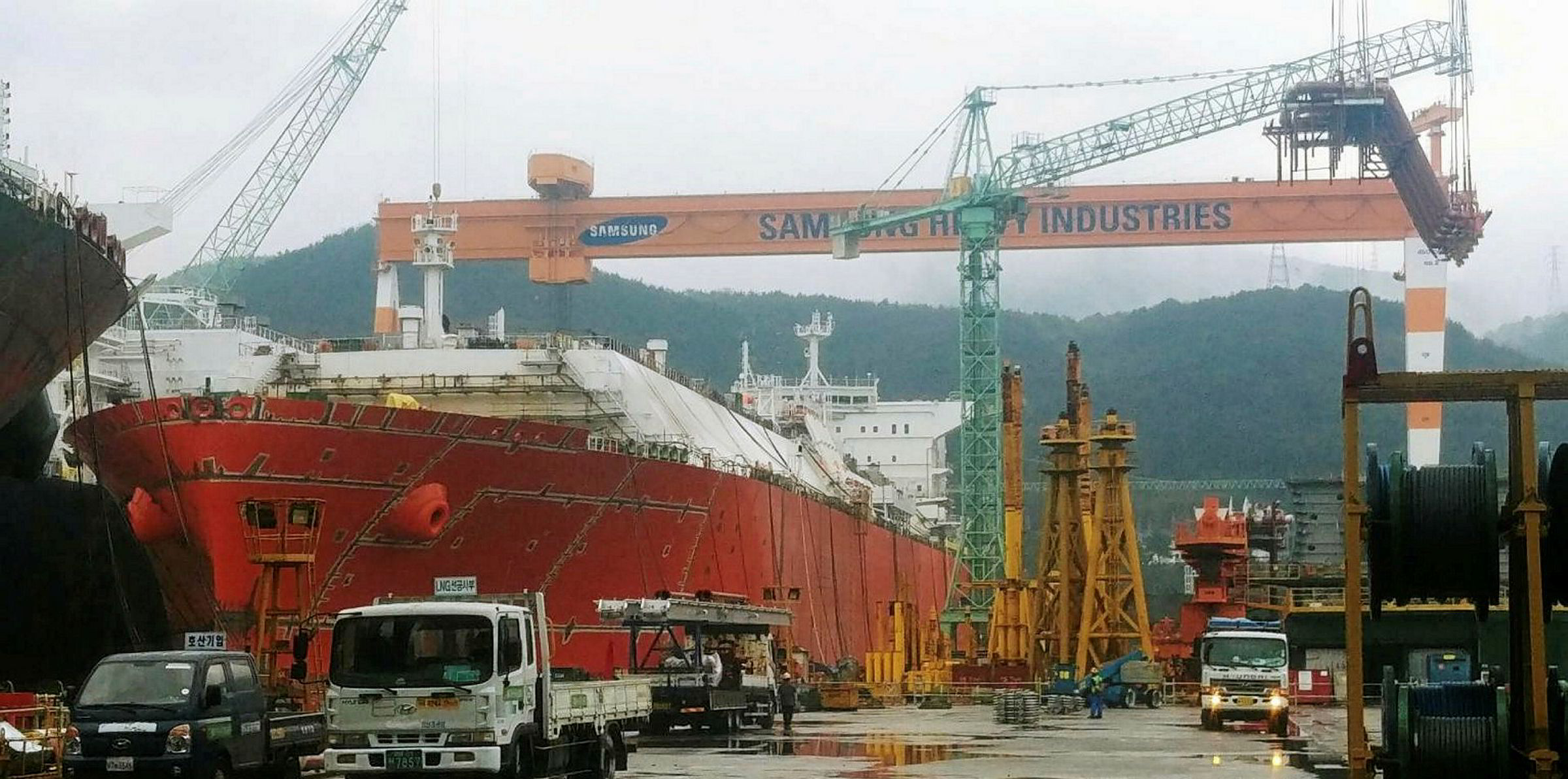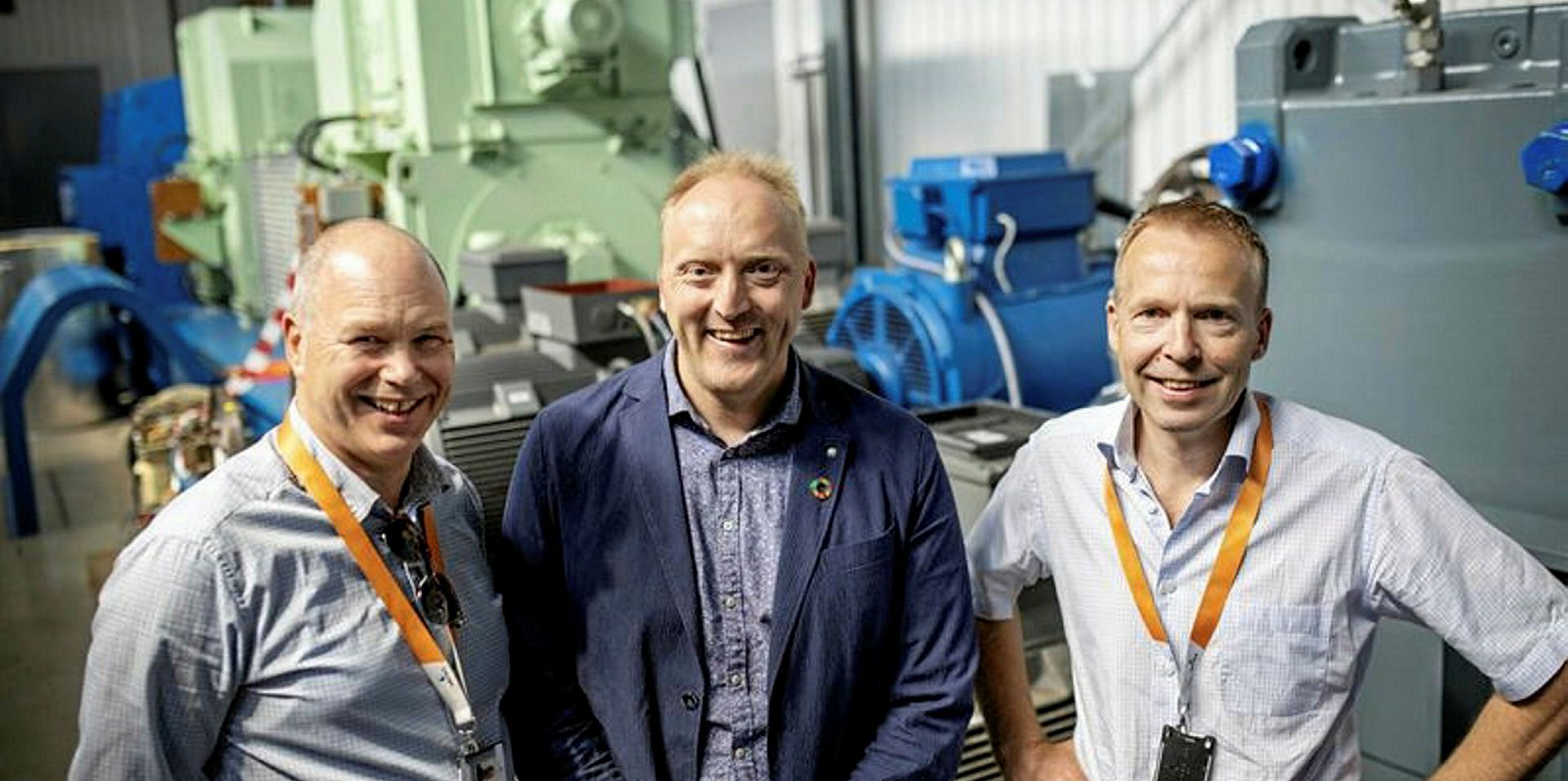Samsung Heavy Industries (SHI) has declared its intention to one day fit all newbuildings with fuel cells to meet decarbonisation targets.
The South Korean shipbuilder has taken another step down this road by announcing a deal with New York-listed Bloom Energy to design and develop such vessels.
"By signing this joint development agreement, SHI has a plan to develop eco-friendly ships that will lead the future of the industry," said Haeki Jang, vice president of shipbuilding and drilling sales engineering at SHI.
"Our goal is to replace all existing main engines and generator engines with these highly efficient solid oxide fuel cells to align with the International Maritime Organisation's 2030 and 2050 environmental targets."
Moving on from September cooperation
The two sides first teamed up last September when they revealed a blueprint for the world's first fuel-cell powered aframax, which received approval in principle from classification society DNV GL.
Bloom Energy is providing the solid oxide technology. The company said it has assembled a dedicated team of engineers to tailor its work to the marine environment.
The next target is to present a design for an LNG carrier to shipowners in 2022.
Following commercialisation, the two companies anticipate the market for Bloom's cells could grow to 300 MW annually on SHI-built ships.
The cells will create electricity through an electrochemical reaction, without combusting fuel.
Particulate emissions, including NOx and SOx, will be cut by more than 99%.
"The marine shipping industry has the ability to make a substantial impact on emissions and air quality at ports and across our planet," said KR Sridhar, founder, chairman and chief executive of Bloom Energy.
"We see a collaboration with one of the world's largest shipbuilders, SHI, as a moment to make measurable strides in reducing emissions and extending our mission for clean, reliable energy to the seas."
The aframax design included fuel cells that would run on natural gas.






